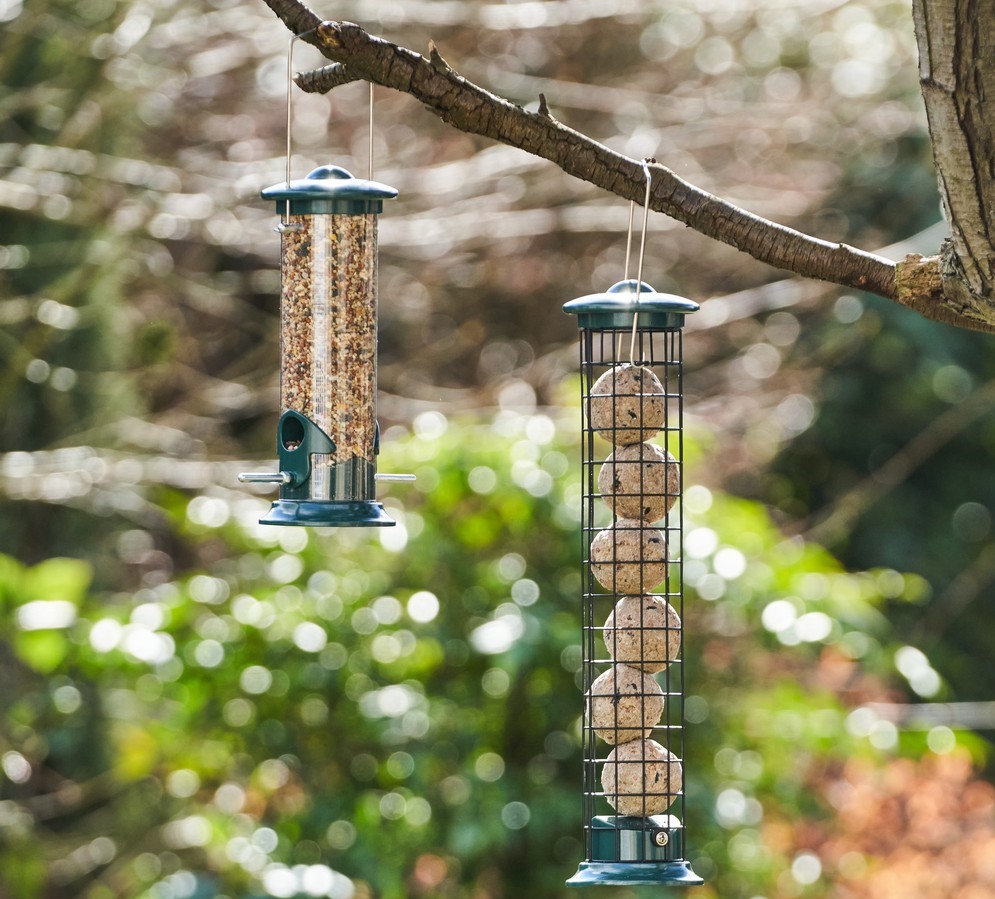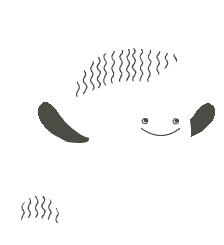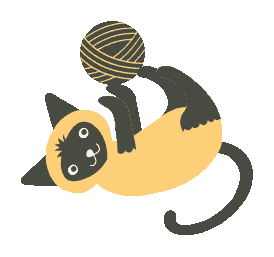Walter Harrison's Wild Bird Feeder Care
18th Oct 2022
Wild Bird peak season is in Winter time, so we wanted to share some helpful tips on which feeders to use for your garden birds, and how to maintain them when the cold hits!
First things first, you must source the correct feeders for the seeds and food you're offering your garden visitors. For example, whole peanuts have to be fed from a specialised peanut feeder which has wire mesh, to prevent birds from choking on whole peanuts, and instead picking at these in smaller crumbs. Most common birds will love peanuts, however, beware of squirrels who also love this treat, especially when they begin burying nuts for when they wake up after their winter slumber! Our die cast peanut feeders provide the safety birds need to feed without danger. To prevent naughty squirrel paws getting hold of these, try Harrison's Protector peanut feeder, which has a convenient extra grill surrounding the feeder!
During Winter, keep a close eye when using fat balls and suet in the relevant feeder, as when frosty mornings take over, some foods may go off quicker. We like the Harrison's Die Cast Feeders which prevent rust and can accommodate Harrison's suet and fat balls and logs for birds to feed on! Suet and fat are especially good for birds during the colder seasons due to their high fat and calorie content.
Harrison's Flip Top Feeders are also an affordable alternative, and are super easy to use - just flip the top open, and close again once you've added your seeds, fat balls or suet log!
Make sure you take care of your feeders. It may be tempting to refill them week after week, but it is best practice to clean them regularly to avoid the build-up of bacteria, and frozen foods accumulating around the edges. Do make sure the feeders are completely dry before taking them out again for birds to feed from.





